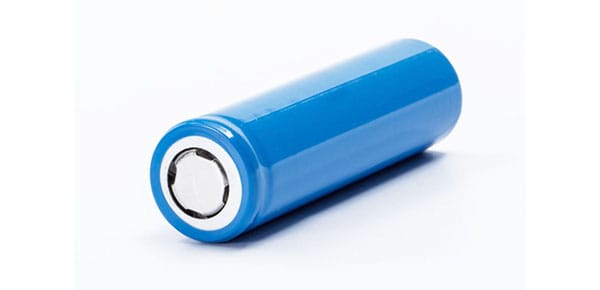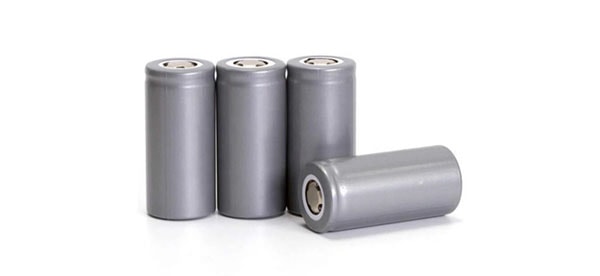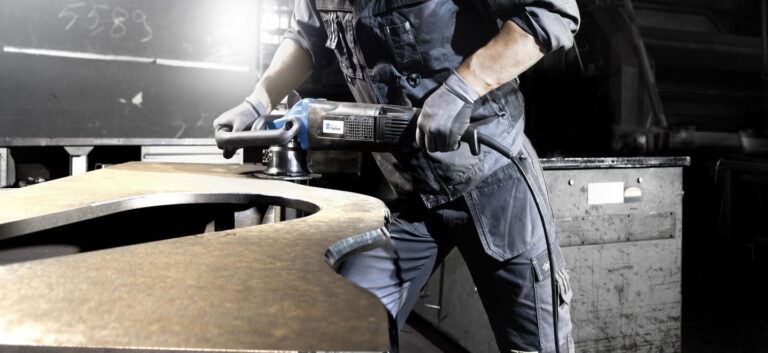Application
Forklifts Our Batteries Serve
Load Capacity
Electric counterbalanced Class I forklifts, engineered for stability via a substantial counterweight at the non-lifting end, typically house their power-providing industrial battery in this area. These versatile forklifts, rated for load capacities between 1,500 and 12,000 pounds, are available in both three- and four-wheeled configurations, each serving different purposes based on specific application.
Variety
Indoor smooth floor environments such as warehouses and distribution centers commonly employ three-wheeled electric forklifts, designed to handle loads from 1,500 to 4,000 pounds. These typically feature cushioned tires, unlike their pneumatic-tire-equipped counterparts intended for outdoor use and rough terrain.
Conversely, four-wheeled Class I sit-down lift trucks, rated to handle loads from 3,000 to 12,000 pounds, can be powered by a range of battery types, necessitating a matching charger. Depending on the forklift’s voltage, you may choose a 24-volt, 36-volt, or 48-volt battery charger.
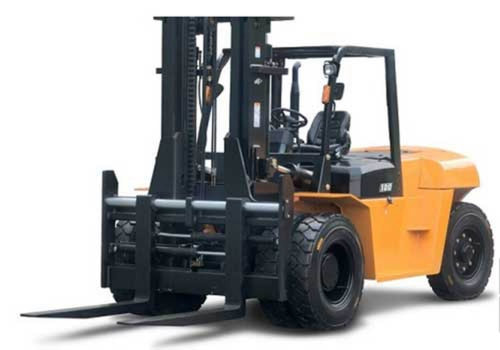
Battery Selection for Class I Applications
When selecting a battery for a Class I forklift, consider factors like the size of your lead-acid battery compartment, the voltage of your forklift’s electrical system, and the type of battery that can keep your forklift operating at peak efficiency.
The choice often comes down to comparing different types of electric forklift batteries. Wet-cell battery packs, or lead-acid batteries, require extended charging periods and hold less energy, making them suitable for light, single-shift operations.
In contrast, lithium-ion batteries, known for their longevity and quick opportunity charging capabilities, can hold significantly more power, especially in demanding applications like food and beverage, paper and packaging, and 24/7 distribution centers. These environments typically feature heavy loads and multiple-shift operations, where the superior performance of lithium-ion batteries can truly shine.
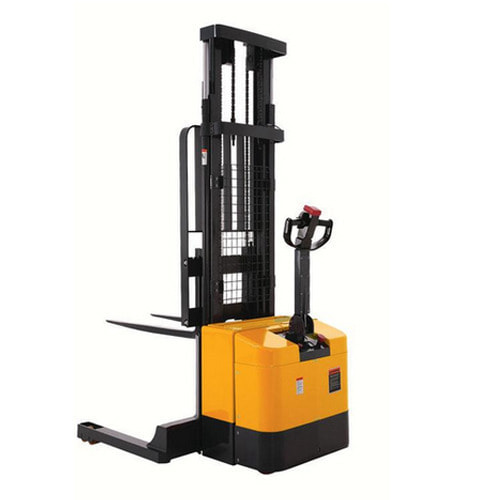
Load Capacity
Class II forklifts, the lighter, compact models in the electric forklift category, are designed for confined spaces and narrow aisles. With a load capacity rating between 1,500 and 5,500 pounds, they come in diverse forms including order pickers, side loaders, turret trucks, and reach fork trucks. To maximize operational efficiency, many companies use multiple types of forklifts in the same location, each suited to a different task.
Variety
Order pickers and reach fork trucks are strictly for indoor use. Order pickers elevate the driver and control to the level of the pallet being handled, while reach trucks employ forks to raise and lower the pallet to the ground level. This design enhances safety and operational efficiency in warehouse settings.
Choosing Class II Forklift Batteries
Choosing Class II forklift batteries requires careful consideration. Much like Class I forklifts, you must consider your forklift’s voltage and battery compartment size. Another decision lies in choosing the type of industrial battery – wet cell, gel cell, or sealed lead-acid – best suited to your warehouse operations. Lithium batteries represent the most advanced solution currently on the market.
While lead-acid wet cell batteries are an affordable, time-tested option, they offer less efficiency, require substantial maintenance, have shorter lifespans, demand extended charging time, and pose environmental risks through sulfuric acid and lead. In contrast, lithium-ion batteries outperform by lasting 2-3 times longer, offering environmental advantages, allowing intermittent charging, and providing enhanced safety.
Some companies opt for innovative solutions such as using refurbished or reconditioned forklift batteries or connecting several lower-voltage batteries together in varying voltage patterns. Though it’s possible to assemble a battery pack cost-effectively and safely, keep in mind that used or rebuilt batteries have a shorter lifespan and require daily maintenance and service.
Load Capacity
Class III forklifts, designed for loading, unloading, and in-store product movement, encompass powered pallet jacks, walkie stackers, pallet stackers, and tow tractors. These compact lift trucks can manage loads of up to approximately 4,500 pounds.
Variety
These versatile forklifts can be either walk-behind or ride-on, carrying loads that range from 2,000 to 4,000 pounds for pallet stackers, 4,500 to 10,000 pounds for pallet jacks, and 10,000 to 15,000 pounds for tow tractors.
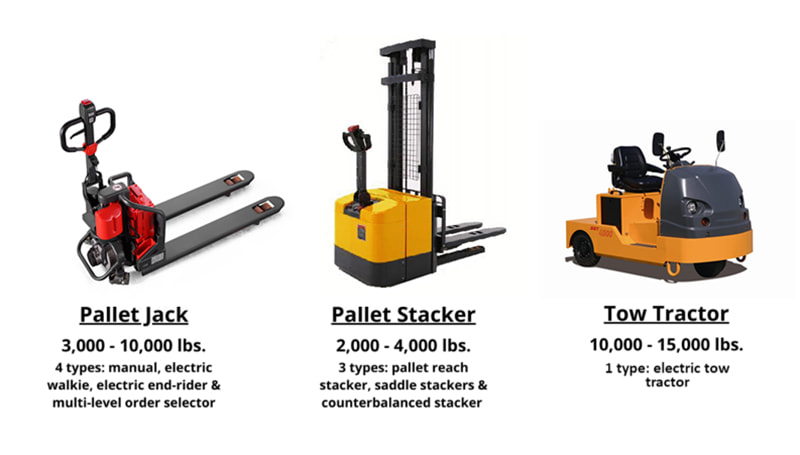
Choosing Class III Forklift Batteries
Selecting the right Class III forklift battery involves a few key steps. Firstly, determine your forklift’s voltage and measure the battery compartment size. Then, decide on the type of battery chemistry that suits your needs. It’s important to note that weight plays a crucial role in tow tractors, as these forklifts don’t require a counterweight. Thus, an additional 150 lbs. of load can be more efficient than an extra 150 lbs. of battery weight.
Lead-acid wet cell batteries can be significantly heavier than lithium-ion batteries, often by a factor of 2-3. Lithium batteries, with their lower weight and higher power within the same battery compartment size, offer longer operation periods. They also charge faster and are more environmentally friendly.
